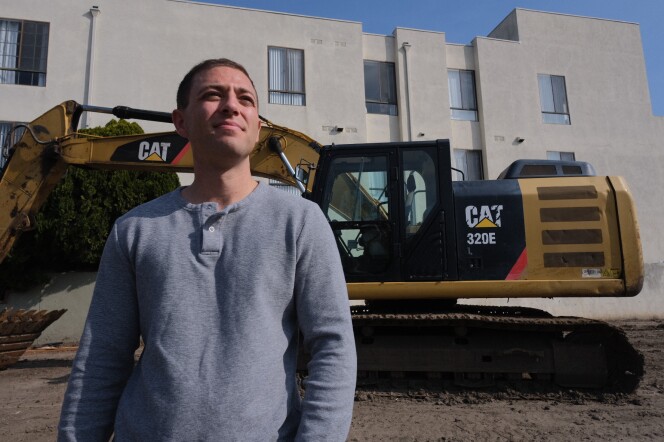
-
Listen Listen
Building Your Block
A newsletter course from LAist that explains the obstacles around housing development in L.A. and what you can do to make things better.
We know there’s a housing shortage in L.A., and it’s created major challenges for the region. But try to understand how to fix the problem and it gets murky, fast. We need more housing, but where can we actually build it? Why does it seem like all the new buildings going up are luxury apartments? Why isn’t there enough affordable housing? And most importantly: What can you actually do to support the housing you want to see in L.A.?
These are just some of the questions that Building Your Block will tackle in this seven-issue newsletter course.
Think of it as your starter guide to the conversations L.A. is having about housing development, plus we’ll bring you some real talk on what you can do to advocate for the housing future you want.
What can I expect?
Over seven issues, we’ll cover everything from how zoning rules determine what gets built and where, to why there’s so little affordable housing.
We’ll cap it all off with a long list of ideas you can put into action to influence housing decisions in your backyard, your city and beyond.
How often will you email me?
This newsletter has seven issues in total. Once you sign up, you’ll get one new issue a day until it’s done.
-
The debate comes after LAist obtained and published a leaked analysis commissioned by the city about its effectiveness.
-
The audit is the result of an ongoing, lengthy lawsuit filed by downtown businesses interests against the city over its lack of progress with the homelessness crisis.
-
HUD wants to see what happens when you give cash directly to renters, instead of traditional vouchers. At least one California housing authority is interested.
-
The new regulations, passed by the L.A. County Board of Supervisors, apply to unincorporated areas.
-
L.A. Mayor Karen Bass and a top homelessness official, at the urging of a federal judge, promised in court to provide more transparency on how the city is spending taxpayer funds.
-
The mayor’s affordable housing program was supposed to exempt projects from lengthy reviews, which had been stalling many developments. The city had still accepted some appeals.







